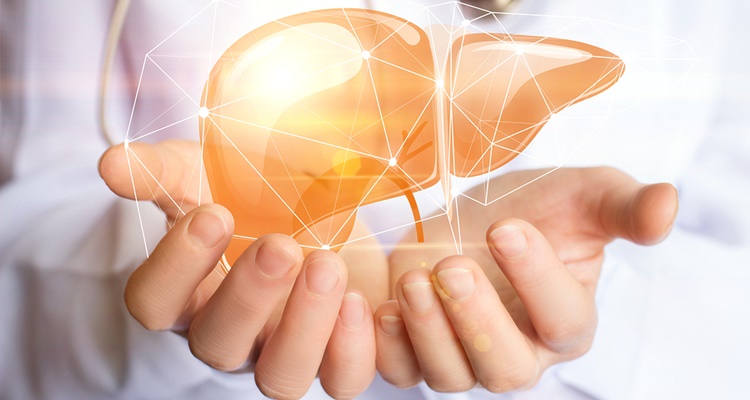
Non-alcoholic fatty liver disease (NAFLD) is a term used to describe a range of liver conditions not caused by the consumption of alcohol. It’s normal for the liver to retain some fat. However, if 5 to 10 percent of the liver’s weight is fat, the condition is known as fatty liver or steatosis.
If a fatty liver is allowed to progress without treatment, other more serious conditions can develop such as cirrhosis and liver cancer. Fatty liver is more common than you would think, affecting an estimated 20 to 46 percent of the western population. As the liver performs many critical functions, it is crucial to help and protect our liver for our overall health and wellbeing.
Signs and Symptoms
Non-alcoholic fatty liver disease affects individuals in all age groups. However, it is most common in people in their 40s and 50s who have certain risk factors such as obesity. While NAFLD does not normally cause symptoms, those with the condition may experience fatigue and pain in the upper right abdomen. As the disease progresses, other symptoms may develop such as abdominal swelling, enlarged spleen, red palms, enlarged blood vessels just under the skin’s surface, and yellowing of the eyes and skin.
There are a wide range of risk factors that have been associated with non-alcoholic fatty liver disease, such as:
Treatment Options
If you have been diagnosed with elevated liver enzymes with no identified underlying cause, basic diet and lifestyle changes can be made to improve your liver health. If you are overweight, weight loss can significantly reduce your risk of developing NAFLD and decrease mortality if you already have a fatty liver.
Next, take a close look at your diet. Introduce more organic fruits, vegetables, and supplements into your diet. Adequate nutrition can help reduce oxidative stress and boost the amount of antioxidants in your body for better health. In addition to changing your diet, have your RBC glutathione levels tested. If your oxidized glutathione levels are found to be elevated, you may have increased hydroxyl free radical and liver damage. Use healthy foods and supplements to add antioxidants to your everyday diet.
Nutrition is one of the most important aspects of fatty liver treatment. Eat plenty of green leafy vegetables and avoid sugars if you suffer from insulin resistance. If possible, eat only organic and GMO free. You’ll also want to avoid unhealthy fats and keep healthy fats at a suitable level. If you suffer from constipation, find ways to treat your condition. You also want to avoid high fructose corn syrup, a high fat diet, farmed salmon which is high in PCB, and glyphosate which can cause leaky gut.
Certain supplements have been found helpful in supporting the liver, such as milk thistle, momardica, curcumin, NAC, alpha lipoic acid, and glutathione. If you have any bad habits such as smoking or drinking, it’s best to avoid them. Also steer clear of processed foods and pesticides.
In addition to performing certain changes at home, consider help from a naturopathic doctor.
Know that having elevated liver enzymes does not necessarily mean that you have NAFLD. However, treating the gut and healing the lining of the stomach can help reduce the amount of toxins that are harming the liver. If you have been diagnosed with certain conditions such as IBS, SIBO, or IBD, and have elevated liver enzymes, take the proper steps to treat and support your liver.

